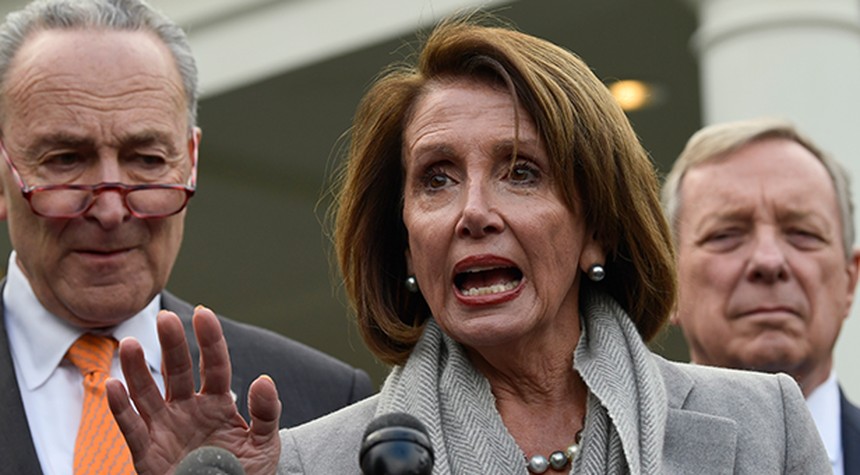As we noted earlier, despite various Democrat “comeback” narratives that the MSM and the Very Online Left have been trying to push for months, unless a miracle happens Democrats look set to lose their majority in the House and possibly even the Senate, with Joe Biden’s approval ratings still languishing in the low to mid-40s and Congressional generic balloting once again favoring the GOP.
One reason for all the talk of a “resurgence” in support for Democrats was the June decision by the Supreme Court to overturn Roe v. Wade, which stirred up a boiling cauldron of outrage amongst The Usual Suspects for who the “right” to terminate an unborn child’s life takes precedence over everything else.
Not long after that happened, Democrats bumped up some in the polls. There were Republicans who underperformed in some primaries and/or special elections. Out of that, the narrative that Democrats were on the “comeback trail” was born and up until recently, it’s a talking point that was continually repeated by the talking heads.
The problem for Democrats, however, is that most elections usually boil down to one thing: the economy. If people generally feel like they’re doing well, the party of the person who occupies the Oval Office tends to do well at the ballot box. If those same voters are feeling the pinch come election time, though, the outcome for the president’s party typically is not good.
The latter has consistently been the case for President Biden, House Speaker Nancy Pelosi, and Sen. Majority Leader Chuck Schumer going back for at least a year or so as inflation and a volatile job market along with the supply chain crisis, rising interest rates and rising food and gas prices hit middle-class Americans hard.
And not surprisingly, with just a month to go before the election, the seeming shift to abortion as a major issue has evaporated as Americans’ top concerns have landed right back to where they started – the economy, as New York Times chief political analyst Nate Cohn observed:
Cohn wrote that while Google search trends are but one metric to use in gauging voter priorities, this one was significant because it matched up with pre-Dobbs ruling polling trends:
But the new Google trends numbers resemble the figures from the spring, when Republicans held the edge before the Dobbs ruling and the Jan. 6 hearings, and before the F.B.I. investigation into Mr. Trump. In all three cases, an unusual outside event helped focus the electorate on an issue that helped Democrats. As those galvanizing factors fall into the rearview mirror, the electorate’s gaze appears to be drifting back toward the earlier set of issues.
The new economic news is in a somewhat different category. A bad inflation report sparked another round of interest rate increases and fears of another recession. The stock market is down significantly over the last month. This might be more than a return to the politics of April: It may represent a meaningful shift in the national political environment.
In other words, rumors of a “Democratic comeback” have been greatly exaggerated.
That said, it’s important for Republicans and others who support the GOP to not get cocky, because anything can happen. But as I said earlier, short of a midterm election year “October surprise,” the odds are against Democrats performing well in November. And as one pollster recently suggested, polls may actually be underestimating GOP support, and if that’s the case, the likelihood of a red tsunami will greatly increase.

